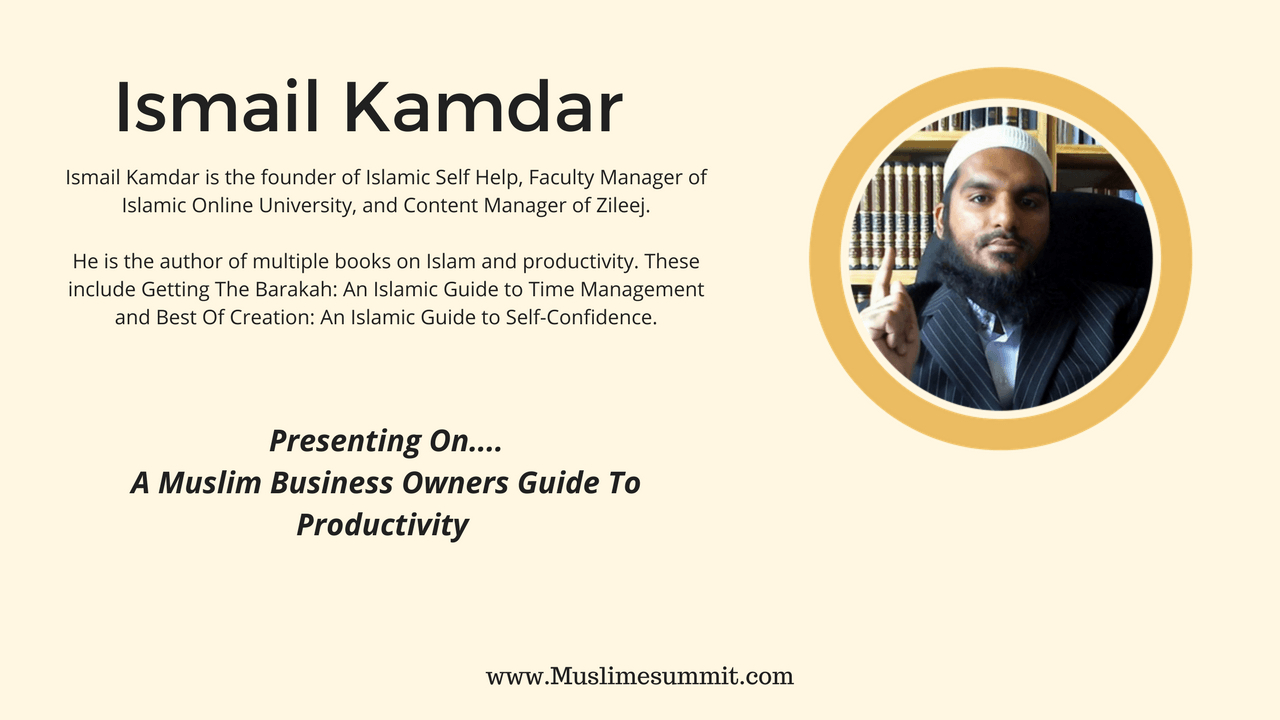5 Mental Blocks in the way of your goals
It can be very frustrating. You’ve read every book, watched every video, and tried every tactic. But you still have mental blocks preventing you from taking control of your time.
I understand. You are not alone.
Below are five common mental blocks that get in people’s way of managing their time. Remember: understanding the root cause is the first step to eliminating the problem.
So read on!
1. You are not serious about your goal
Some goals seem nice. They look fun. It may be something you think you want, but you are really not sure. It just sounded nice at the time.
Well if this is the type of goal you have, then procrastination will become a lifestyle. If you want to achieve goals, take them seriously. Or at least set goals that you can take seriously.
Example of not serious goal: It would be nice to own my own home.
Example of serious goal: I will sell X amount of my product to earn X amount of money, so I can purchase my dream home. And I will try to do get this done within five years.
Think about it, which of the above two goals are more likely to lead to action and achievement?
2. Your goal is too materialistic
As a Muslim, it is hard to focus on goals that are purely materialistic. This is because we are spiritual beings, and we know that we have obligations to our Creator and His Creation. Because of this, purely materialistic goals cause cognitive dissonance which leads to lack of motivation to achieve them.
The fix: edit your goals to contain a spiritual element. This will make it purer, more beneficial in both worlds, and easier to achieve with Allah’s Help.
Example of materialistic goal: I want to be a millionaire.
Example of spiritual, yet worldly, goal: I will work to become financially free, so that I will have the time and resources necessary to complete my Dawah projects.
Both of the above want money, but one wants it for purer reasons, and so will be more motivated to get it the right way.
3. Your goal is too individualistic
Individualism is such a normal part of Western culture that many Muslims are unaware they have become individualistic. And they are unaware of how unislamic this lifestyle can be.
As Muslims, our fellow humans all have rights over us. We are meant to be contributors to the ummah, not focused entirely on our own desires. This is why our goals need to beneficial for the ummah. If your goals are selfish, then this too may lead to cognitive dissonance.
The fix: Set goals that benefit yourself and others, and you will find deeper motivation to achieve them.
Example of individualistic goal: I want to write a book, so that it can sell millions of copies and I can become a bestselling author.
Example of ummah-centric goal: I want to write books that will benefit the ummah, and I hope that these books will reach and benefit millions of Muslims.
The second goal is purer, and more likely to lead to Allah’s Divine Assistance in achieving it.
4. You lack a strong why
If you have goals that lack a strong reason, then you will never gather enough strength to do what is necessary to achieve them. Goals are by their nature challenging. And only people who have a strong reason to achieve that goal will put in the necessary work to get it done.
If you find yourself not really interested in your goals, ask yourself why? Why is this my goal? And if you can’t find a deep enough reason, then replace it with a better goal. You owe it to yourself to only chase goals that are worth the chase.
Example of goal without a why: I want to write a book.
An Example of goal with a weak why: I want to write a book, so I can become famous.
Example of a goal with a strong why: I want to write a book about X topic, so that I can benefit millions of people with my experience in that field.
Only a strong why will lead to the necessary action needed to get it done!
5. You depend on mood and emotion
If you only work on your goals when you are in the mood, or pumped up, then chances are that you aren’t making progress. Goals should never depend on your emotional state. Goals worth achieving should be fixed parts of your daily life.
They should be at the top of your to-do list. And they should get worked on regardless of how you are feeling. If you want to achieve your goals, you need to stop depending on mood, and need to put your head down and work, whether you are in the mood to or not. Only then will you truly make progress.
Example of goal dependent on mood: I might write an article this week, depending on how I feel.
Example of serious goal: I will write and publish an article by Saturday, regardless of what happens or what my mood is.
You have to separate mood and emotions from your goals if you want to get them done.
Are you ready to take the next step to achieving your goals?
Then it is time to read Getting The Barakah!
Thousands of readers have had their lives changed by the content of this ebook.
Now it is YOUR TURN!
Click the link below to purchase the eBook and change your life!







 4 Productivity Hacks to make you feel awesome
4 Productivity Hacks to make you feel awesome
